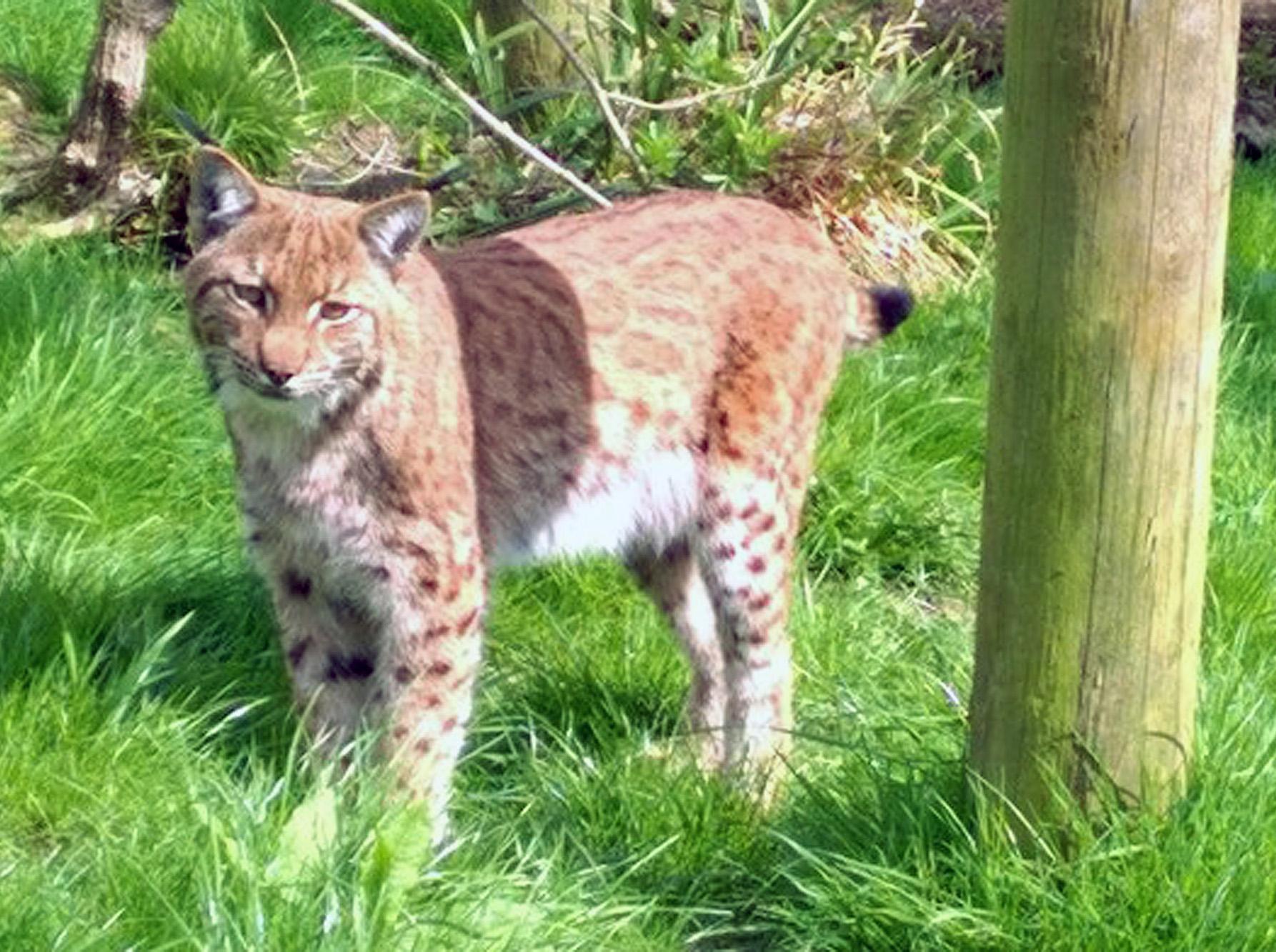Dartmoor lynx: 'Enigmatic' professional animal tracker joins search for missing big cat
'I believe he travels the world doing this. He may also be a human tracker'

Your support helps us to tell the story
From reproductive rights to climate change to Big Tech, The Independent is on the ground when the story is developing. Whether it's investigating the financials of Elon Musk's pro-Trump PAC or producing our latest documentary, 'The A Word', which shines a light on the American women fighting for reproductive rights, we know how important it is to parse out the facts from the messaging.
At such a critical moment in US history, we need reporters on the ground. Your donation allows us to keep sending journalists to speak to both sides of the story.
The Independent is trusted by Americans across the entire political spectrum. And unlike many other quality news outlets, we choose not to lock Americans out of our reporting and analysis with paywalls. We believe quality journalism should be available to everyone, paid for by those who can afford it.
Your support makes all the difference.A secretive individual with expertise in tracking down wild animals has volunteered his services to Dartmoor Zoo to help find a lynx which has been on the loose for more than two weeks.
The professional animal tracker is prowling six square miles of countryside around the zoo, using cutting-edge heat detecting equipment in an attempt to locate the missing big cat.
He is described as a “man of mystery”, who joined the search on Thursday and has asked to remain anonymous.
“He came to us with the offer of equipment which we gratefully accepted,” zoo owner Benjamin Mee told the Independent.
“One of his tools has a very long lens and can detect heat emitted from about a kilometre away, which is very useful. It requires a specialist to use it, not just to let us borrow it.”
Mr Mee, his team and a handful of volunteers have been searching for Flaviu the lynx after he chewed his way out of his cage on 6 July – just hours after the animal first arrived at the zoo.
Since his escape, Flaviu has proved extremely difficult to capture and is thought to be roaming ever further from where he was last spotted by a quarry worker.
Mr Mee said he had expected to catch the lynx within a few days or weeks, but that it had been particularly difficult to find him.
This was partly because fine weather made it less likely he would seek shelter. He also has access plenty of food such as baby rabbits, according to Mr Mee.
The zoo team hope to lure him in with the scent of his mother and ocelot urine donated by a concerned ocelot keeper.
“It’s very pungent and ocelots are more powerful cats than lynx, so a lynx rolls in the urine to impress his mates and show off,” said Mr Mee.
The zoo is stepping up its search for its animal by using state-of-the-art equipment such as the Pulsar Quantum, a handheld device which detects body heat from grass where an animal has previously been.
“I don’t expect we’ll just suddenly stumble upon Flaviu,” said Mr Mee. “We hope he can come into an area where we can control him.”
If the zookeepers are able to approach within 50m of Flaviu, they may attempt to shoot him with a tranquilising dart – but would then have to track him for 10 more minutes after the dart has hit.
“In nature documentaries, they dart something and then have to track it by helicopter,” said Mr Mee.
“We don’t have the luxury of a helicopter, but we do have police drones and we’ve been in talks with [the police] about co-ordinating operations, if we get to the point where we were able to get eyes on him, which is quite hard.”
The professional tracker now helping the search mission undertook a five-hour exploration on Thursday night and has been out again this weekend.
“I’ve only seen him from a distance; he’s a man of mystery,” said Mr Mee of his new volunteer, who he hopes to meet properly on Sunday. “I believe he travels the world doing this [...] I think he may also be a human tracker.”
Mr Mee, who bought Dartmoor Zoo for £1.1m in 2006, said he was worried the Flaviu could be on the loose for a whole year.
“He’s a liability; he should be in the zoo,” he said. “The worst thing I expect him to do – not now, but maybe next year – is take livestock, like a lamb [...] it’s going to be a long game.”
Any people in the area who catch sight of the lynx have been asked to call 999.
Join our commenting forum
Join thought-provoking conversations, follow other Independent readers and see their replies
3Comments